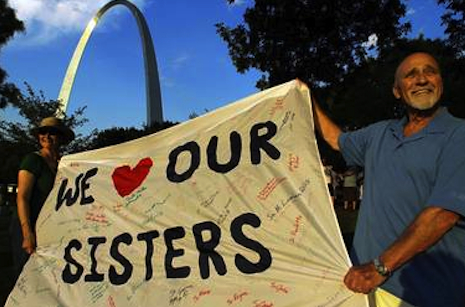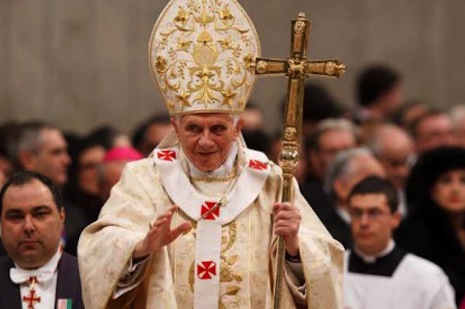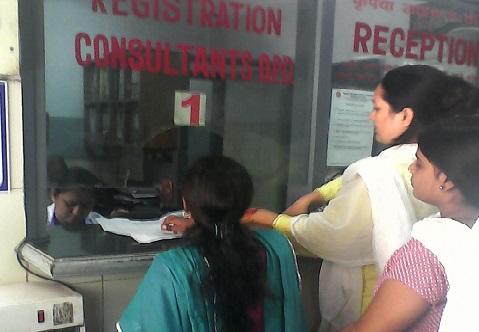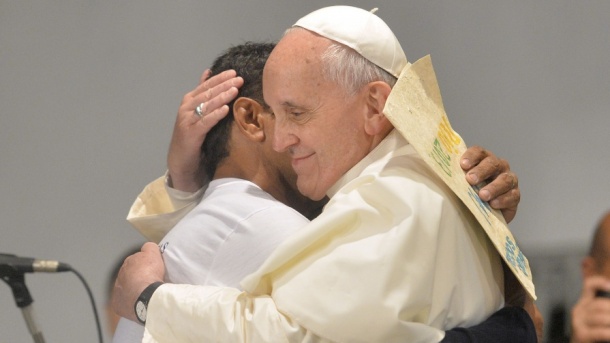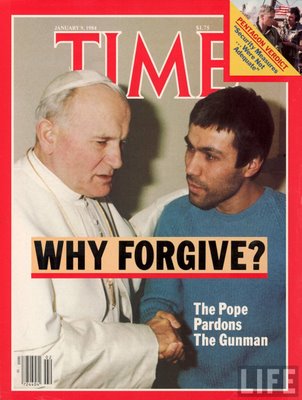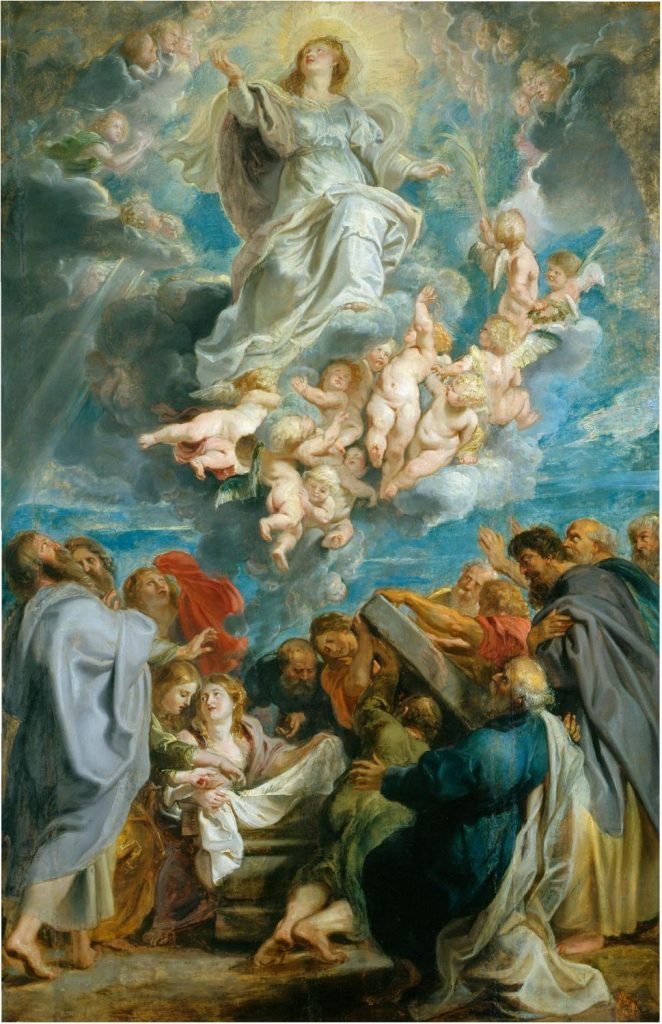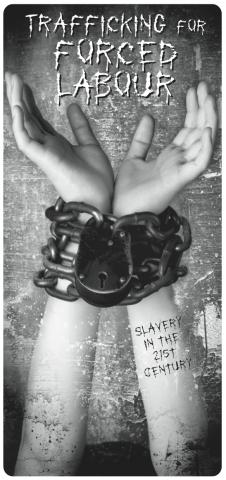
By Thomas J. Reese, S.J.
Octavio Gonzalez, a graduate of Georgetown University, would be picking corn and raising a few cattle in El Teul de Gonzalez, Mexico, if his father had not illegally trekked across the hills at the U.S.-Mexico border near San Ysidro, California, in 1969.

Mr. Gonzalez never planned to stay permanently in the U.S., but he wanted something better for his children after he married a woman who had also crossed into the U.S. illegally after being turned back by a border guard who refused to let her cross even though she had a valid visa.
“As much as they both wanted to stay with their families in Mexico, it was becoming clear to them that their aspirations for their children would not be possible living in Mexico,” Octavio explained to a forum sponsored by the Woodstock Theological Center at Georgetown University on Tuesday. “If they stayed to raise a family in Mexico, their children, like them, would go to school six months out of the year and work the fields on the ranch. We would certainly never get the opportunity to study through college.”
The forum was moderated by Jill Marie Gerschutz, who with Donald M. Kerwin, Jr., edited And You Welcomed Me: Migration and Catholic Social Teaching (Lexington Press, 2009).
The Gonzalez family story exemplifies that “A migrant is a person possessed by a dream, just like you and me,” as Bishop Gerald Kicanas, vice president of the National Conference of Catholic Bishops, told a Georgetown audience last month. “They’re trying to improve their lives, live their lives with some dignity, with some semblance of value and meaning.”
Speaking at the same forum as Octavio Gonzalez, Cardinal Theodore McCarrick explained why the Catholic Church supports comprehensive immigration reform that provides a path to citizenship. The church’s teaching on immigration is based on the fact that “We are all brothers and sisters in God’s one family,” he said. Or as Pope Benedict XVI said in his latest encyclical, Caritas in Veritate: “Every migrant is a human person who, as such, possesses fundamental, inalienable rights that must be respected by everyone and in every circumstance.”
The retired archbishop of Washington reminded the audience that the people of Israel were immigrants and God had told them in Leviticus (19:33-34): “When an alien resides with you in your land, you shall not oppress the alien. The alien who resides with you shall be to you as the citizen among you; you shall love the alien as yourself, for you were once aliens in the land of Egypt.”
With Christmas less than two months away, the cardinal recalled that Jesus and the Holy Family were also refugees in Egypt when they fled from Herod.
“Christ lived as a migrant and a refugee for a reason,” he asserted, “in order to live with his people in solidarity, to provide example to all generations, even to this day, and to give witness to the Kingdom of God.”
Jesus made this explicit in his teaching when he said that to attain the Kingdom of Heaven, we must welcome the stranger. “For I was hungry and you gave me food, I was thirsty and you gave me something to drink, I was a stranger and you welcomed me…. Just as you did this to the least of these who are members of my family, you did it to me.”
Like the late John Paul II, McCarrick saw in the parable of the Good Samaritan a message about immigration. He quoted John Paul, who said: “For her part, the church, like the good Samaritan, feels it her duty to be close to the illegal immigrant and refugee, contemporary icons of the despoiled traveler, beaten and abandoned on the side of the road to Jericho.”
Pope Benedict has continued this solidarity with immigrants by encouraging the U.S. bishops “to continue to welcome the immigrants who join your ranks today, to share their joys and hopes, to support them in their sorrow and trials, and to help them flourish in their new home.”
McCarrick decried “the broken immigration system and a toxic political atmosphere which has prevented humane reform of this system.” The Catholic community witnesses “families being separated, migrant workers being exploited, and families mourning the death of loved ones who die on their journey to the United States.”
“We must change our laws so as to bring the undocumented out of the shadows, provide safe passage to those who want to come to work or join their families in our country, and address the economic inequities which compel persons to leave their homes in search of employment,” he said.
Octavio’s parents did legalize their status in 1986 under the Immigration Reform and Control Act. His parents now could become active in their community and church and buy a home and car. Their five sons were already American citizens having been born here, so Octavio, a hard working student, had no problem going to college. He is now a legal assistant at the Immigrants’ Rights Clinic at Stanford Law School.
But Octavio told of another exceptional high school graduate, Jessica, whose dream of college is at risk. Although only three years old when brought across the border by her parents, she has no path to citizenship available and could be sent back to a country she does not even remember despite the fact that all of her teachers and peers consider her an exemplary person.
Perhaps the immigration debate says as much about us as a country as it does about the immigrants. Who do we want to be? As the Catholic bishops of Mexico and the United States stated in their joint pastoral letter, Strangers No Longer, “We judge ourselves as a community of faith by the way we treat the most vulnerable among us.”
Thomas J. Reese, S.J., is Senior Fellow at Woodstock Theological Center at Georgetown University.


